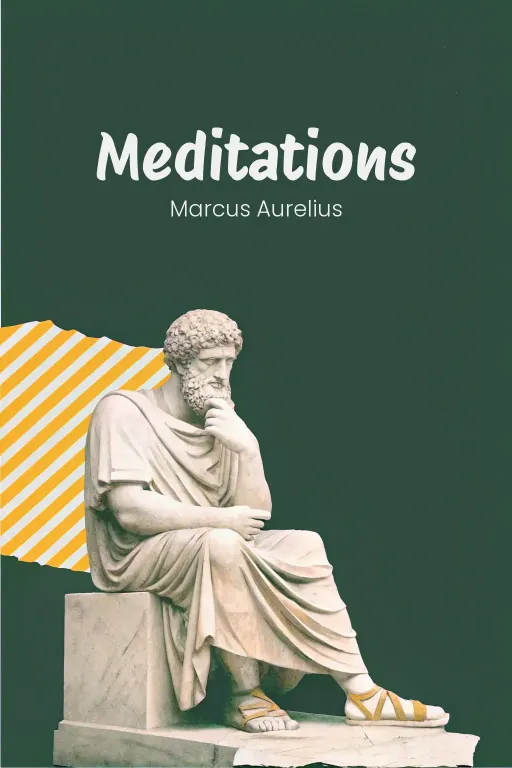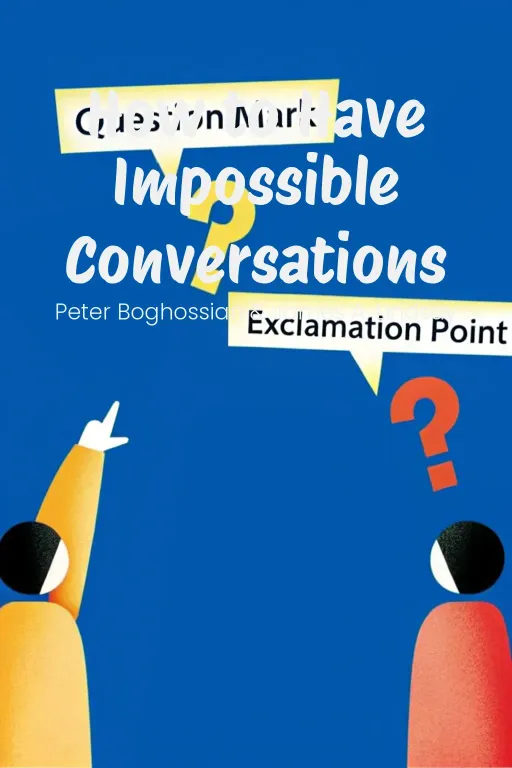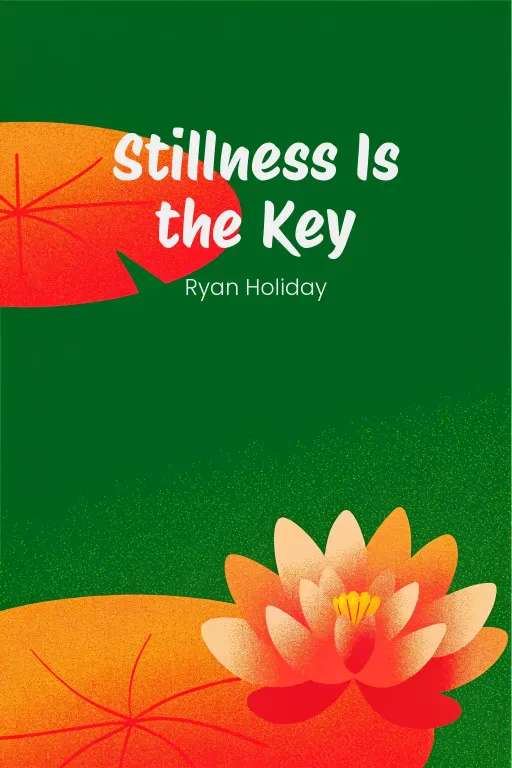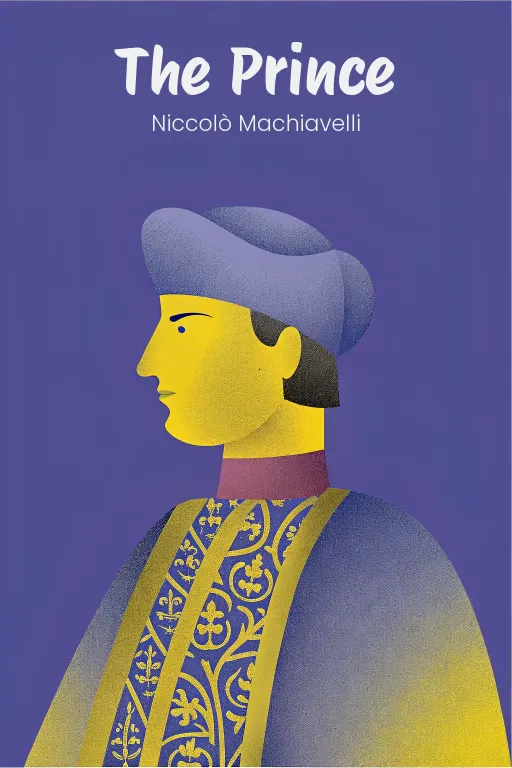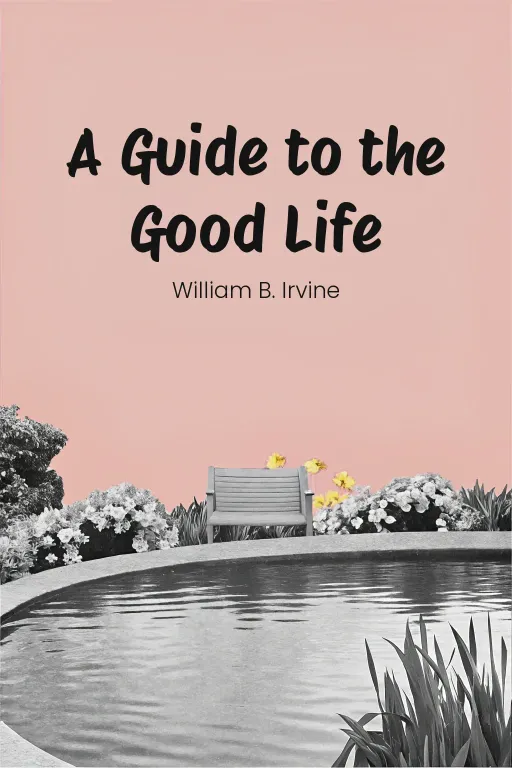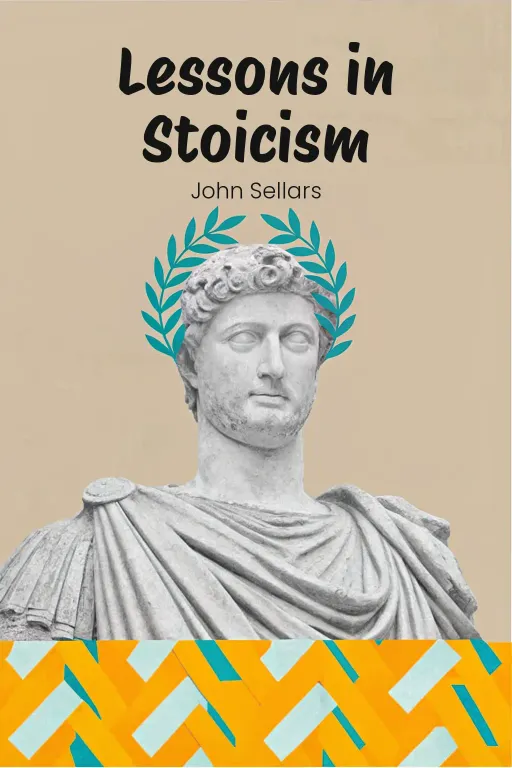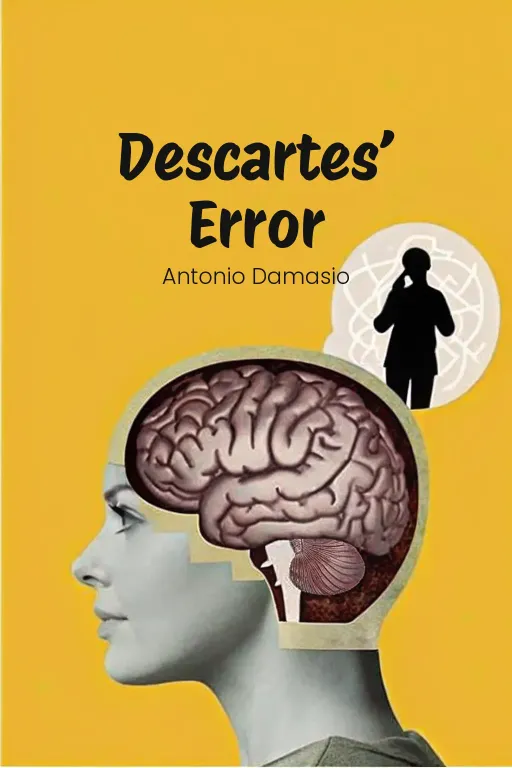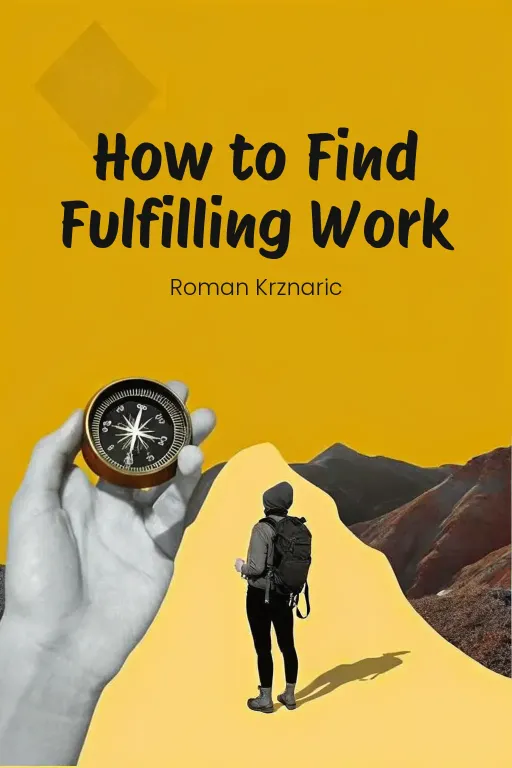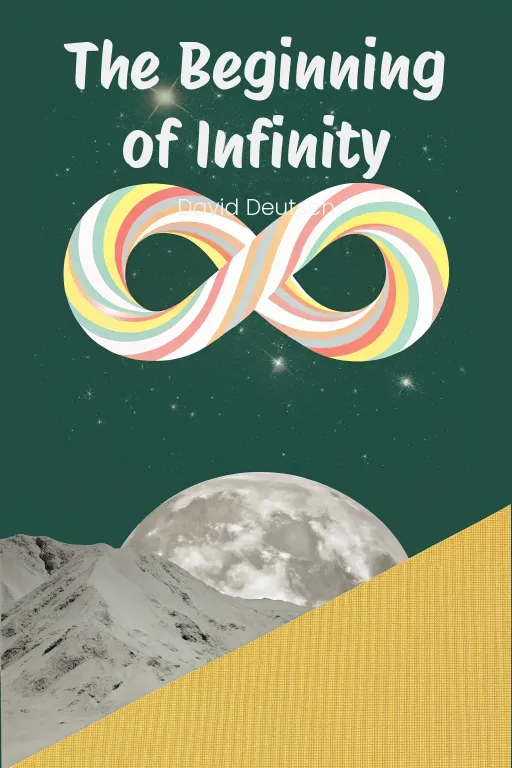
Brain Owner's Manual: Untangling Kant
Podcast by The Mindful Minute with Autumn and Rachel
A groundbreaking and influential philosophy classic about the limits of human reason
Brain Owner's Manual: Untangling Kant
Part 1
Rachel: Hey everyone, Rachel here. So, today we’re tackling something... well, let's just say it’s a philosophical Everest: Kant's “Critique of Pure Reason”. It's famously dense, and could cause a minor brain explosion. Autumn: It's true, it's a beast! But seriously, if you've ever wrestled with the question of how we actually know anything, or even if our thoughts are reliable, this is the book. Kant really digs into how human reason works, lays out what it's capable of, and, most importantly, where it crashes and burns. Think of it as, like, the ultimate owner's manual for your brain. Rachel: So, if I'm hearing you right, Autumn, Kant's basically saying, "Okay, folks, here's what your brain is authorized to think about, and seriously, don't even try to wander outside these lines." That sounds a little... controlling, doesn't it? Autumn: Well, maybe a little! But it's also a total game-changer. Kant's big idea is that what we can know is limited to phenomena – basically, whatever our senses can pick up and our minds can process. Then there's this whole other realm, the noumena, or "things-in-themselves," and Kant argues that we can never really understand them. Rachel: Okay, so that's step one. We're also going to get into how Kant basically calls out reason itself for falling into these ridiculous traps when it tries to solve the universe's biggest mysteries. Spoiler alert: he's not a fan of unchecked philosophizing. Autumn: Exactly! And finally, we're going to see how Kant turns all this theory into something practical. He argues that even though we can't prove things like freedom or God, we need to act as if they're real. Otherwise, morality and ethics just fall apart. He's basically trying to turn philosophy into a guide for a meaningful life. Rachel: Alright, so today's conversation is going to revolve around what's knowable versus unknowable, the dangers of letting your reason run wild, and how all of this ties into living a good, moral life. Buckle up, everyone – this is Kant like you've never heard him before.
The Distinction Between Phenomena and Noumena
Part 2
Autumn: Okay, so, picking up where we left off, let’s really focus on this distinction between phenomena and noumena. Rachel, why is this distinction such a big deal for Kant? Rachel: Yeah, Autumn, enlighten me. Why is this so important to understand Kant? Autumn: Well, it kind of redefines the limits of what humans can understand. Phenomena are basically all the stuff we directly experience, right? Reality as it appears to us, shaped by our minds with things like space and time. Noumena, though… that's where it gets interesting. Those are the "things-in-themselves," how reality exists apart from how we see it. Rachel: So, if I see a tree, the tree I see is the phenomenon, right? But the noumenon is... what? The real tree? The tree beyond what I see? Autumn: Kind of! The noumenon is the tree as it exists, regardless of how you perceive it—how it truly is, outside of what your mind does to it. Kant's really clear that we can't actually access that level of reality. Rachel: Hold on. Kant’s saying the tree I experience isn’t the tree as it really is? Isn't that just solipsism, all fancy-like? I’m stuck in my own head and can’t know anything outside of it? Autumn: Not exactly. You're not trapped or anything, it's just that your experience is shaped by how your mind works. Kant’s not saying the tree isn't there, just that we only experience it through human perception. Space and time aren’t floating out there, they’re how your brain makes sense of what you see. Rachel: So, we’re not seeing the world raw – it is seen through a filter. Now I feel like life's just one big Instagram post. Autumn: That’s a really good way to look at it! Kant would say we’re all using the same filter, built-in for everyone. These filters are how everything is shaped, every experience. The important thing is knowing that these limit us. We can’t know what’s beyond. Rachel: So, if we try to peek behind the curtain, Kant says we’ll fall flat on our face into philosophical chaos? Autumn: Bingo! He calls that a "dialectical error," which is when our thinking tries to go beyond its limits and make claims about noumena. If you start with that, you’re going to end up with contradictions. Rachel: Okay, that makes sense. Can we make this more practical? Give me an example of phenomena and noumena at work. Autumn: Sure. Think about motion. Like watching a bird fly. It feels real, something in the world. You see it move through space and time. But Kant says that motion isn’t really a part of the world. It only exists because your mind organizes what you see in space and time. Rachel: Wait a minute! Are you saying motion… you know, the thing that physics is all about… doesn’t "exist?" Autumn: Not quite. Motion exists as phenomena—your experience, in a way you understand. But in the noumenal world, outside of space and time, there’s no framework for motion. The bird, as a noumenon, doesn’t "move" because motion needs space and time. Rachel: So, without space and time, “motion” disappears. That’s “really” pulling the rug out from under us. And this goes for everything else—the table, the stars, even… me? Autumn: Exactly! You’re a phenomenon, too. You are how you appear to yourself, filtered and interpreted. The real you, the noumenon? That’s unknowable, out of reach. Rachel: I need a second to appreciate Kant’s audacity. He’s not just saying we misunderstand things. He’s saying we can’t experience reality as it really is. Autumn: It’s humbling, right? That’s really his point. He wants to check philosophy's arrogance. Instead of trying to figure out God, the soul, or the ultimate reality, Kant says let’s look at what we can explore: how our knowledge is shaped by our minds. Rachel: Okay, so he’s attacking metaphysics. He’s telling philosophers they’ve been wasting their time. Am I getting this right? Autumn: Yep! He's changing the whole focus. Metaphysics shouldn't make claims about the real truth, but study the conditions of human knowledge—how we process the world. Instead of “What is the universe really?” we should ask, “How do we experience the universe?” Rachel: So, I can’t know if the universe had a beginning or is infinite because those are noumenal illusions. My brain isn’t built to solve those things. But, even though noumena are off-limits, Kant still thinks they're meaningful. Autumn: Right. Noumena are important because they remind us there’s more than what we know. Kant's basically saying, “The world is bigger than this, but don’t waste time trying to figure it out. Focus on what you can reach." Rachel: So, the distinction between phenomena and noumena is freeing in a way. Sure, it's frustrating I can never know the “real” world, but I can also stop worrying about it. Autumn: Exactly! Kant wants us to accept our limits while still exploring what we can. By focusing on experience and perception, we understand ourselves better. Rachel: So, Kant is setting up philosophy as a disciplined game instead of a free-for-all. You only make moves within the rules of the phenomenal world—and sure, you can dream about the noumenal world, but you can't play there. Autumn: Yes! And those rules keep our thinking focused and useful. By respecting those limits, we avoid pointless speculation and get a more rigorous approach to big questions. Rachel: Alright, I think I’m getting it. Kant’s not trying to ruin any fun, he’s just saying to use the tools we have. But what about bigger questions, like morals or God? Does Kant leave us stuck in that sandbox? Or does he give us a way to dream about those things without losing our minds?
The Role of Pure Reason and Its Limits
Part 3
Autumn: That's a really insightful question, Rachel. Once we understand those limitations, it naturally leads us to consider how reason “can” function effectively within those boundaries. And that's basically Kant's big move – shifting from exploring the limits of pure reason to exploring how it can be properly applied. He distinguishes between reason's constitutive and regulative uses. Rachel: Okay, I'm ready. We've established that we can't really go beyond the phenomenal world. But how does, say, regulative reason, prevent us from just getting lost in philosophical abstraction? Autumn: Right, so let's start with the constitutive use of reason. When reason operates constitutively, it tries to make definitive statements about the nature of reality itself. It's about asserting truths about things like the origin of the universe, the nature of God, or the soul. The problem is, these kinds of claims are completely speculative. Since we can't actually experience these things directly, any conclusions that we draw are really just going to be unfounded. Rachel: Like Kant's antinomies, right? Where you have these seemingly valid arguments on both sides of a question – like whether the universe is infinite versus finite – but they contradict each other. Autumn: Exactly. That’s a classic example of reason overstepping its bounds. When it tries to answer these metaphysical questions that are beyond what we can experience, that's when you run into these impossible contradictions. Kant's solution is to just stop using reason that way, constitutively, at least. Rachel: So, no more grand pronouncements about the nature of existence. Got it. So, where does regulative reason fit into all this? Autumn: Regulative reason is, in a way, reason at its best. Instead of trying to define ultimate reality, it acts as a kind of guide, an organizing principle, to help us structure our inquiries and make sense of phenomena. Think of it as reason encouraging us to look for patterns, to create coherent systems of thought, to strive for understanding, but without making definitive claims about what's beyond our reach. Right? Rachel: Let me see if I've got this. Let's say I'm a scientist studying the cosmos. If I'm stuck in constitutive mode, I might try to answer questions like, "What is the ultimate origin of the universe?" And as we've just said, that's a dead end. Autumn: Correct. Rachel: But if I take the regulative route, I'd say, "Okay, I can't know the ultimate origin. Instead, I “can” investigate the observable patterns – gravity, the motion of galaxies, that background radiation – and develop theories that explain what I'm seeing." Autumn: That's a perfect example. Newton's laws of motion, for instance, don't explain why gravity exists at some fundamental level. But they provide an incredibly useful framework for understanding how gravity affects objects. Then Einstein's theory of general relativity expanded that framework, again focusing on what's observable and testable. That's regulative reason at work. It organizes our understanding without pretending to reach beyond phenomena. Rachel: So, it's like Kant's saying, "You don't need to solve all the universe’s ultimate mysteries to make real progress. Just stick to what you “can” know and build from there." Autumn: Precisely. Regulative reason isn't about definitive answers; it's about helping us stay grounded and productive as we investigate the phenomenal world. And this applies not just to science, but also to philosophy and even morality, as we’ll discuss later. Rachel: Before we jump to morality, though, let's talk a bit more about how Kant's method keeps us from running into messy contradictions, like those antinomies. I seem to remember something about transcendental deduction in there? Autumn: Yes, the transcendental deduction is definitely one of Kant's key tools. It's basically a way of ensuring that our concepts and judgments align with human cognition and the limits of our experience. Rachel: Okay, break that down for me. What’s this deduction actually doing? Autumn: Think of it this way: when we use concepts – causality, unity, substance. Transcendental deduction asks, "Are these concepts validly applied to phenomena? Do they actually work as organizing principles for how we experience the world?" It's not about proving these concepts exist in some ultimate, objective sense. It's about confirming that they're essential for making sense of phenomena. Rachel: So, for example, causality. Kant's not asking, "Does causality exist in some ultimate, objective way?" He's asking: "Does causality work as a fundamental structure for how we perceive and organize events?" Autumn: Exactly! And Kant shows that it does. Your mind is wired to perceive events as connected by cause and effect. If you see a ball bounce after hitting the ground, your mind automatically frames it as a causal sequence. But causality only applies to phenomena; it's a mental structure for making sense of sensory input. Rachel: Meaning, in the noumenal world, causality might not even exist. There's no guarantee it applies outside of our perception. Autumn: Correct. That’s why asking noumenal questions like “What’s the first cause of the universe?” is a speculative trap. Causality is a feature of how we think, not necessarily a feature of things-in-themselves. Rachel: Okay, this is starting to come together. Kant's transcendental deduction keeps us grounded in what our minds are actually built to do – organize and comprehend experience – without overstepping into noumenal nonsense. Autumn: Exactly. By scrutinizing the limits of cognition, Kant is really setting up guardrails for reason. He’s saying, “Yes, use concepts like causality, but only within the boundaries of experience. Don’t misuse them to make unwarranted claims about noumena.” Rachel: It’s almost like Kant’s trying to protect us – from ourselves, from our tendency to project our cognitive patterns onto reality as a whole. Autumn: That's a great way of putting it. Kant's guiding principle here is intellectual humility. By recognizing these boundaries, we avoid falling into contradictions and create a more disciplined approach to philosophy, to science, and even to morality. Rachel: And speaking of morality, I've been waiting for this part. Kant lays out all these rules about staying in our phenomenal lane, but how does that translate into ethical living – or even questions about God, freedom, the soul? Does he just say, "Well, we can't know"? Or does he offer something more? Autumn: Oh, he offers so much more. That's where practical reason – the realm of morality – comes in, and it's a pretty fascinating shift from what we've been discussing. Let's dive into how Kant bridges the gap between, you know, the limits of human knowledge and the pursuit of ethical truths – even without direct access to noumenal reality.
Practical Reason and Moral Philosophy
Part 4
Rachel: Okay, so we've established the limits of reason. Now comes the exciting part, right? Applying this to moral philosophy. I’m really curious how we bridge that gap – how do we go from "Here's what we “can't” know" to "Here's how we “should” live"? Autumn: Absolutely, Rachel! This is where Kant's system really shines. It’s the culmination of all that he did! It beautifully demonstrates how reason's practical application reconciles our human limitations with our moral ideals. Practical reason, you see, is quite different from theoretical reason. It deals with what we ought to do, not what we can definitively know. It’s about aspiration! It brings morality into sharp focus, in a way that’s both rational and, well, inspiring. Rachel: So, theoretical reason is about uncovering truth, and practical reason is about discerning right from wrong? Is that the gist of it? Autumn: Precisely! Think of it as practical reason picking up where theoretical reason leaves off. Kant argues that even though we can’t definitively know things like freedom, God, or immortality through pure reason, we must act as if they were true in order to live ethically. And he calls them postulates – ideas we need to assume so that morality actually makes sense. Rachel: Okay, let’s break this down. You mentioned freedom as the bedrock of moral responsibility. But we also said freedom is unknowable because it's noumenal, right? So how does it go from unknowable concept to essential part of morality? That feels like a big leap to me. Autumn: It is a big idea. Kant sees freedom as a necessary condition for moral responsibility. Think of it this way: if our actions were completely determined by external causes, like a chain reaction, could we be held morally accountable? We'd essentially just be puppets, not free agents. Rachel: Gotcha. So, without freedom, morality crumbles, because everything is just predetermined. You’re a robot following code, like you said. Autumn: Exactly! Kant says that for morality to hold any weight, we must be free to act according to our own, self-imposed laws. This autonomy – being your own moral legislator – allows us to follow the moral law. Rachel: Right, and that moral law… that's the categorical imperative, isn’t it? Autumn: Precisely. The categorical imperative is front and center in Kant's ethics. It’s a universal rule that applies to everyone, everywhere, irrespective of the circumstances. It’s essentially saying, "Act only according to principles that you could will to become a universal law." Basically, whatever you do, you should be okay with everyone else doing it, too, all the time. Rachel: So, if I’m tempted to steal a wallet, the categorical imperative says, “What if everyone stole wallets? Would that even work?” Autumn: Exactly! And it wouldn’t work, would it? It would erode trust, create complete chaos, and fundamentally destroy the concept of personal property. Kant’s point is that moral actions have to be universalizable. They can’t just be based on personal gain or situational convenience. Rachel: But this only works if I am actually free to choose! Otherwise, this whole thought experiment becomes kind of irrelevant. Autumn: Exactly! That's why freedom is the first postulate of practical reason. Kant can't prove freedom exists in a noumenal sense, but he argues that it must exist as a practical reality – something we assume – for the sake of moral accountability. Rachel: I’m tracking with you so far. Freedom supports morality because it gives us the agency to make choices. Now, what about God? How does that enter the picture? Autumn: The postulate of God is Kant's way of dealing with what he calls "the highest good," which is the harmonious combination of virtue and happiness. Picture someone who sacrifices everything – comfort, wealth, even their own well-being – to stand up for what's right. If there’s no cosmic order ensuring that virtue ultimately aligns with happiness, this sacrifice might seem kind of pointless, right? Rachel: Yeah, like someone living a life of hardship for a moral principle, only to get nothing out of it? That sounds a little… grim. Autumn: Exactly. Kant argues that our belief in God provides the moral framework where those sacrifices are justified. It guarantees that in the end there will be justice – that acts of virtue contribute to some kind of a moral order, even if we don’t see the benefits in our lifetimes. Rachel: Hold on a second. Didn't we just spend a bunch of time saying you can’t prove God exists, because it’s a noumenal question? Autumn: We did! And Kant’s not attempting to prove God in a theoretical sense. Instead, God functions as what he calls a "regulative principle" – an ideal that guides and supports moral coherence. Practical reason says, "Act as if there’s a God who will ensure ultimate moral justice." It's not about knowing, but about believing for the sake of ethical living. Rachel: So God’s role here isn’t about theology or dogma – it's about ethical necessity? Autumn: Precisely! God is a postulate of practical reason, not theoretical reason. It's a way of ensuring morality is meaningful, even when faced with life's uncertainties. Rachel: Got it. Freedom and God are in place. Now let’s tackle the third postulate: immortality. I’m assuming this relates to moral progress? Autumn: Spot on! Kant argues that achieving the highest good – perfect alignment with the moral law – is a never-ending effort. Human life, with all its limitations, just doesn’t provide enough time for us to reach this level of moral perfection. Rachel: So, immortality extends the timeline, right? It allows us to keep working toward moral improvement without being cut short by dying. Autumn: Exactly. Think about someone who starts off on the wrong track but, over decades, gradually transforms. They work to repair the damage they've done, to act ethically, to align themselves with universal principles. Immortality makes sure their trajectory towards moral perfection isn’t limited by the constraints of mortal existence. Rachel: It’s a bit poetic, really! Immortality isn’t necessarily about an eternal afterlife in the conventional way. It's about having endless potential to grow and get better, morally. Autumn: That's exactly how Kant presents it! Immortality makes sure that our moral striving is not rendered pointless by our human limitations. It keeps the moral law meaningful, even if it demands more than we could accomplish in one lifetime. Rachel: Okay, I get how these three postulates – freedom, God, and immortality – create the structure of Kant's moral philosophy. They're not things we can know for sure, but they're ideas we need in order to make sense of our ethical lives. Autumn: Exactly! They're like the building blocks for morality – concepts that keep our ethical responsibilities in place, even if we won’t ever fully understand them as noumenal ideas. Rachel: And, in conclusion, the categorical imperative is like a compass, guiding us to make ethical choices that respect this structure of freedom, justice, and moral continuity. Autumn: Perfect summary, Rachel! Kant's moral philosophy brings together practical reason, universal principles, and high-reaching ideals, demonstrating how to live a meaningful life despite our limitations. It’s an ethical system with both discipline and real aspiration.
Conclusion
Part 5
Autumn: Okay, so to sum up Kant's “Critique of Pure Reason”, there are three really key takeaways. First, the difference between phenomena and noumena shows us what we can know and what's ultimately beyond our grasp. We can understand the world as we experience it, but the “thing-in-itself,” the noumenal world, that’s always going to be out of reach. Rachel: Right. And second, Kant basically cautions us against reason getting too big for its boots, doesn't he? Trying to solve those big metaphysical questions about the noumenal realm, that just leads to paradoxes and well, frankly, a headache. Reason's much more effective when it's focused on organizing our experiences within our phenomenal world, guiding us toward progress and, essentially, making sense of it all. Autumn: Exactly, and third, Kant uses practical reason to show us that while we can’t definitively know things like freedom, God, or immortality, these ideas are absolutely crucial for living ethically and meaningfully. They're the bedrock of our sense of responsibility, justice, and moral development. Rachel: So, it's like Kant's philosophy is both a map showing what's possible, and a "beware" sign, right? He's saying, "Go explore the phenomenal world, go boldly, but be aware of the limits of what you can actually know." And when it comes to morality, "Act with intention and respect, even if all the answers are still a bit… hazy." Autumn: Precisely! Kant's work is a continuous challenge to us. It's about embracing intellectual humility while pursuing ethical clarity, you know? It's an invitation to really think about how we think, how we act, and how we live—using reason as both our guide and… our safety net. Rachel: Well, if that's not a call to sharpen both your brain and your moral compass, I honestly don't know what is.
